
Does the White Nile deserve dredging? Not everyone agrees
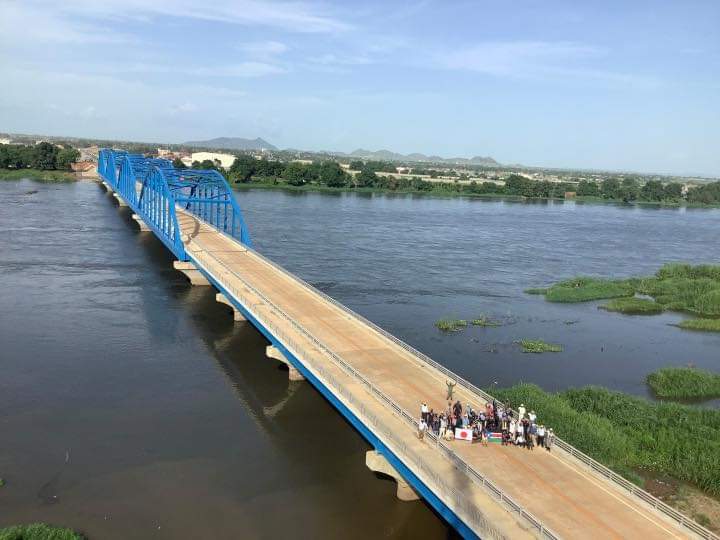
First Published by The Continent on September 10, 2022 Support Quality Journalism today by donating to our GoFundMe page
Some say the White Nile is flowing too slowly. Not everyone agrees. A plan to dredge the Sudd Wetland has caused chaos within South Sudan’s government – and highlighted major geopolitical fault lines.
On its long, lazy journey from its source in Uganda to the delta in lower Egypt, the White Nile passes through the Sudd Wetland in South Sudan. This is Africa’s largest freshwater wetland.
Here, the river widens, and its flow slows dramatically. Water can take a year to pass through the wetland’s swamps and grassland, and up to half of it evaporates in the process.
As it flows, the water sustains the million people who live there, as well as an extraordinary abundance of animal and plant life. The surrounding area is otherwise dry and inhospitable. The water that evaporates is carried by winds to other parts of the country, where it falls as rain and sustains forests and crops.
Earlier this year, however, something happened that could forever change the delicate balance of this ecosystem – among the largest freshwater ecosystems in the world.
In June, Unity State’s public works minister Lam Tungwar announced that the Republic of Egypt had donated dredging equipment, including an excavator, to the state. The equipment was intended to dredge the Naam River, a Nile tributary that feeds into the
wetland. Tungwar said the plan had been approved by the national ministry of irrigation and water resources.
Dredging the Naam and other tributaries, along with the White Nile itself, would mean clearing the rivers of all the accumulated silt, mud, weeds, and rubbish that slows the water down. Once dredged, the waters will move much faster through the wetland. Unity State government argues that this will reduce the risk of flooding, while the benefit for Egypt – which relies on the Nile for 90% of its water – is clear: faster-flowing waters mean less time for evaporation, which means more water will eventually end up, in Egypt.
In the national Ministry of Environment and Forestry in the capital Juba, the unveiling of the dredging equipment was met with shock and outrage. Minister Josephine Napwon said that she had no prior knowledge of the agreement with Egypt, and had no idea
how the equipment had been transported into South Sudan. She said without approval from the national government, no one must dare dredge the Nile and its tributaries:
“We are here to protect the environment and anything that endangers our environment we will not accept,” she said.
Even the presidency had no idea, said a spokesperson for Salva Kiir, adding that no dredging projects had been approved.
For now, the rivers that flow through the Sudd remain undredged. But the wetland is far from safe.
Channeling frustration
In 1978, construction began on the Jonglei Canal – an extraordinarily ambitious project to make the Nile almost entirely bypass the Sudd Wetland. This project was conceived decades earlier by British colonialists, but was eventually implemented by the Sudanese
government in Khartoum, and funded by Egypt. This was before South Sudan won its independence from the north.
Construction continued until 1984, when separatist rebels kidnapped some of the workers on the project. “The rebels saw the canal as a theft of water by Egypt that would deprive the Sudd’s nomadic Dinka, Nuer, and Shilluk communities of fisheries and the huge seasonally flooded pastures essential for their livestock,” reported Fred Pearce for YaleEnvironment360.
Those rebels belonged to the Sudan People’s Liberation Movement, the same party that won independence and now governs South Sudan. Yet the Jonglei Canal is suddenly back on the agenda.
In February, the vice-president for infrastructure Taban Deng Gai said that the canal should be completed. He said that doing so would help prevent flooding in the area, which forced nearly half a million people from their homes last year. “For our land not to be submerged by flood, let’s allow this water to flow to those who need it in Egypt,” he said.
This put him at odds with the environment ministry, which said it would refuse to approve the resumption of work on the canal “because of the ecosystem services that Sudd provides to our nation, the region, and the world at large,” in the words of Minister Napwon.
The environment ministry’s undersecretary Joseph Africano told The Insider that neither the Jonglei Canal nor river dredging would be an effective solution to the flooding problem. The cost of either plan would be catastrophic for the wetland, he said. “When you drain and dredge those rivers and take the water into the main Nile, you’re simply draining most of the basin and in a matter of a year or two, we’ll lose all the water in that area.”
Water wars
In recent years, the subject of who controls the waters of the Nile – and which countries get how much water – has been hotly contested. By virtue of a colonial-era treaty, Egypt and Sudan have historically been guaranteed the lion’s share of the water. But this has been challenged in recent years, principally by Ethiopia, which has completed construction of the massive Grand Ethiopian Renaissance Dam, over Egypt’s strenuous objections. The dam will greatly increase Ethiopia’s ability to produce power, but also gives it the ability to influence how and when water flows further downstream – a potential catastrophe for Egypt in times of drought.
Talks between Ethiopia and Egypt have stalled, with Egypt’s ambassador to the United States reiterated recently that Egypt will “have to look into all its options” to resolve the dispute. The country’s President Abdel Fatah Al-Sisi has previously warned of the potential for conflict if the situation is not resolved.
This, perhaps, explains Egypt’s enthusiasm for the Sudd dredging project. The Jonglei Canal project, if it were to go ahead, would also be in Egypt’s national interest. It is less clear, however, whether it would be in the national interest of South Sudan.
“Whenever the canal is dug, there will be a drought, the area will be dry and it will affect our ecosystem mostly. In addition to that, it will affect us as human beings, because we depend on water,” said Winnie Rufas, a member of the Geological Society of South Sudan.
Support Quality Journalism today by donating to our GoFundMe page

















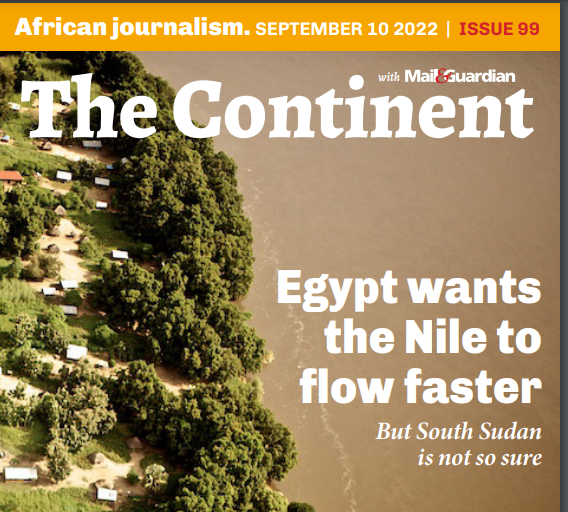
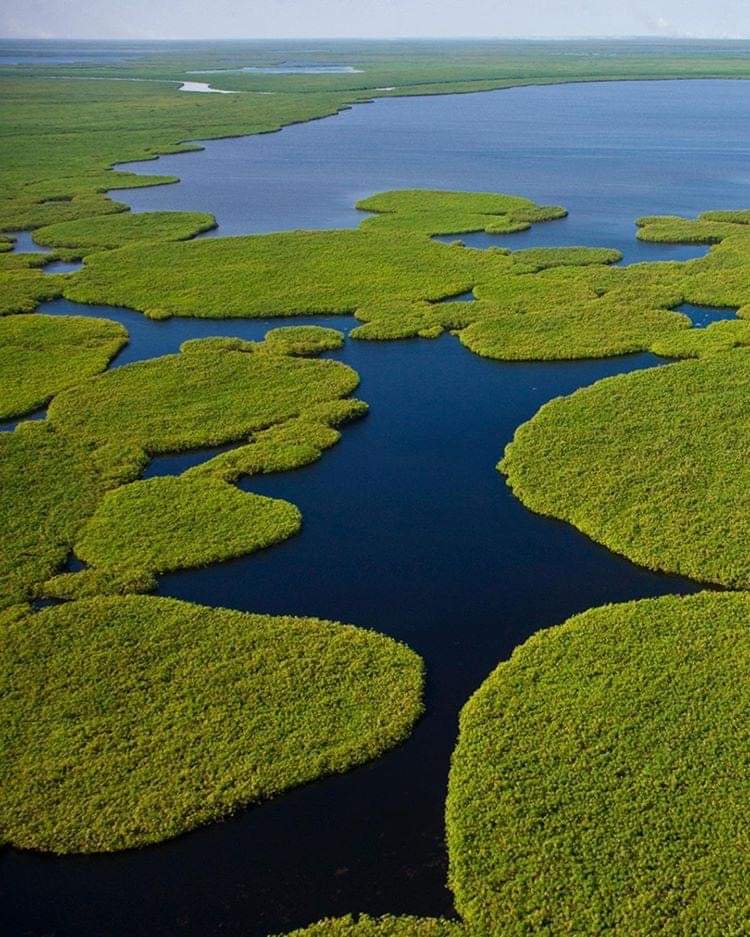
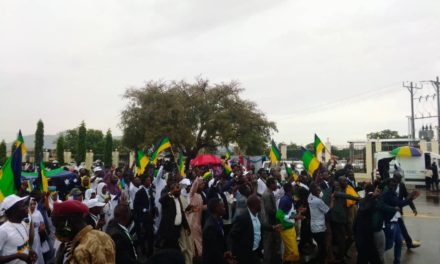
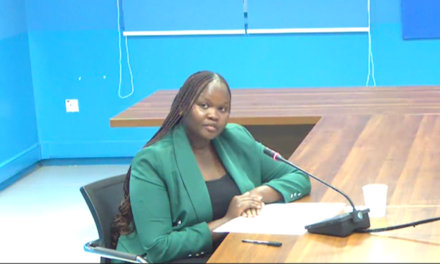
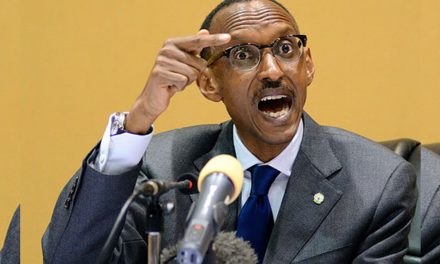
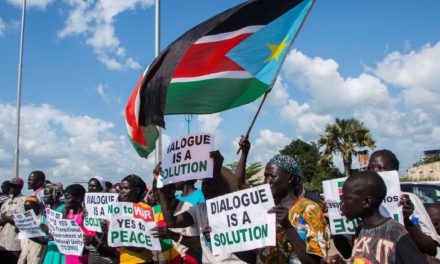
Recent Comments